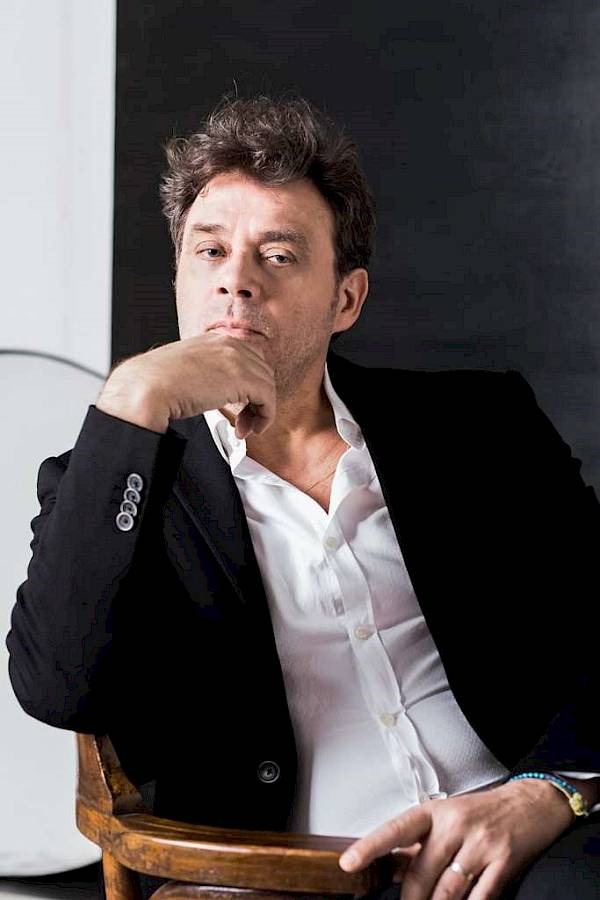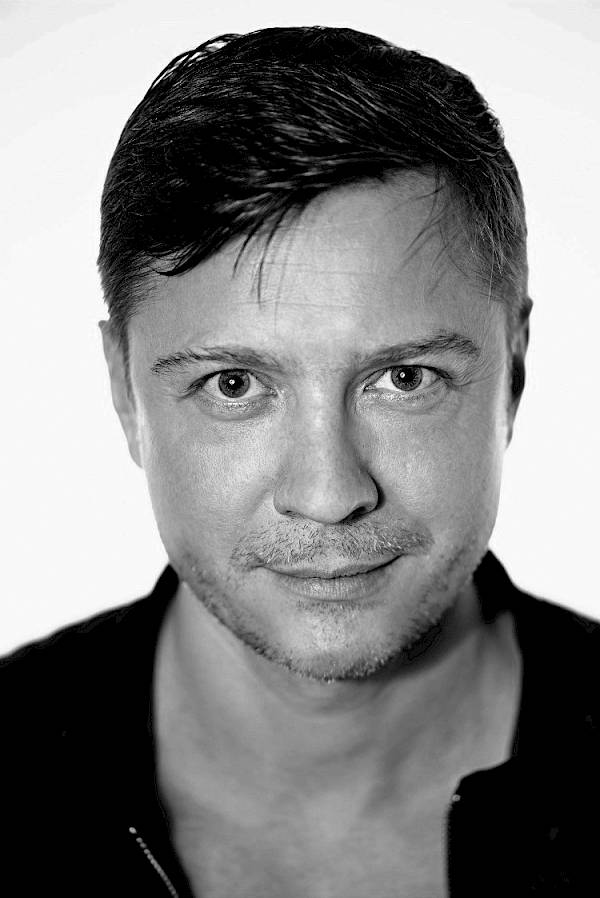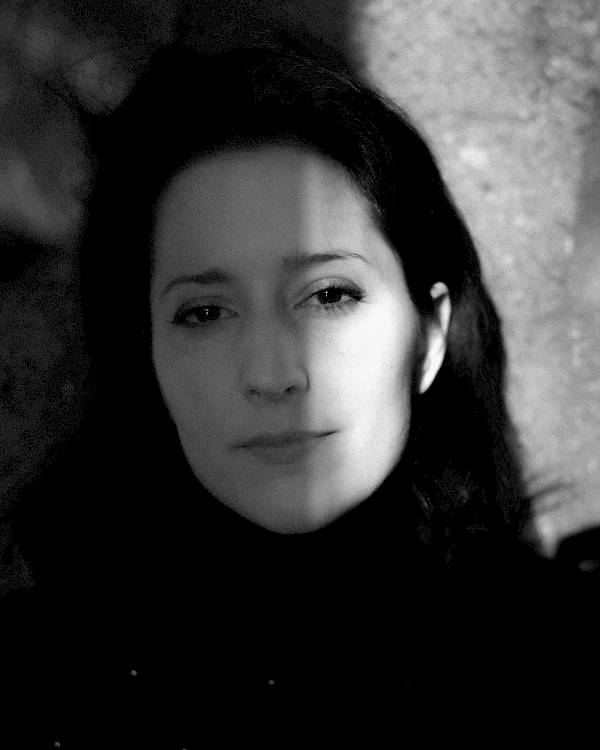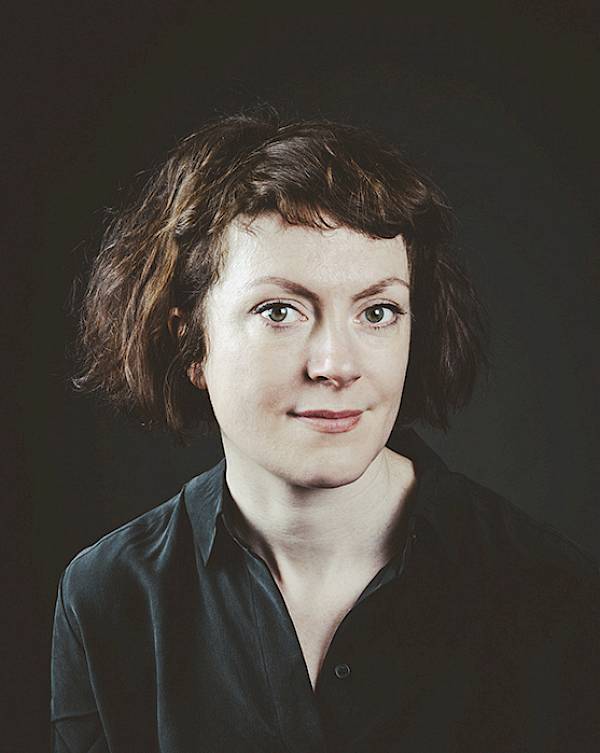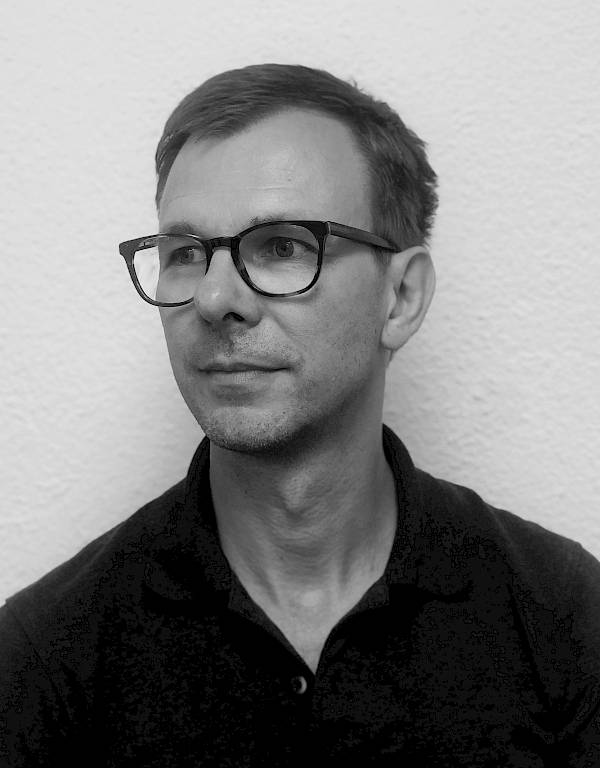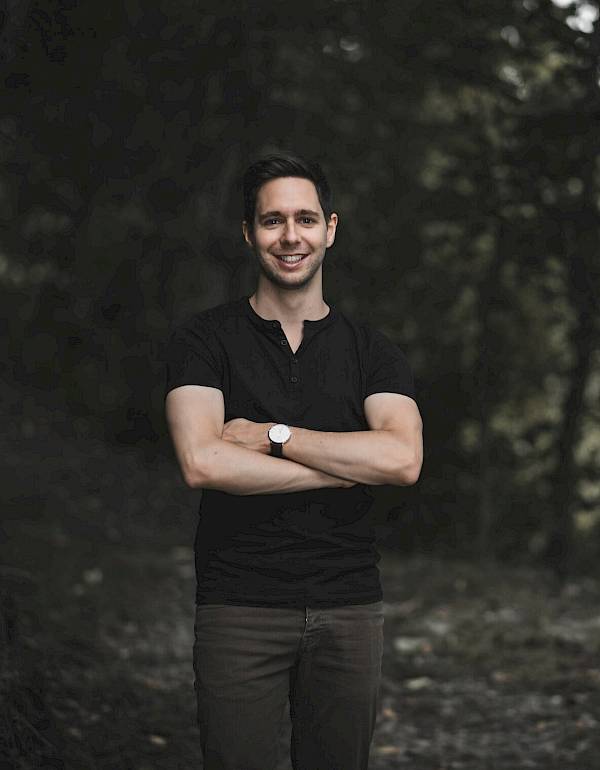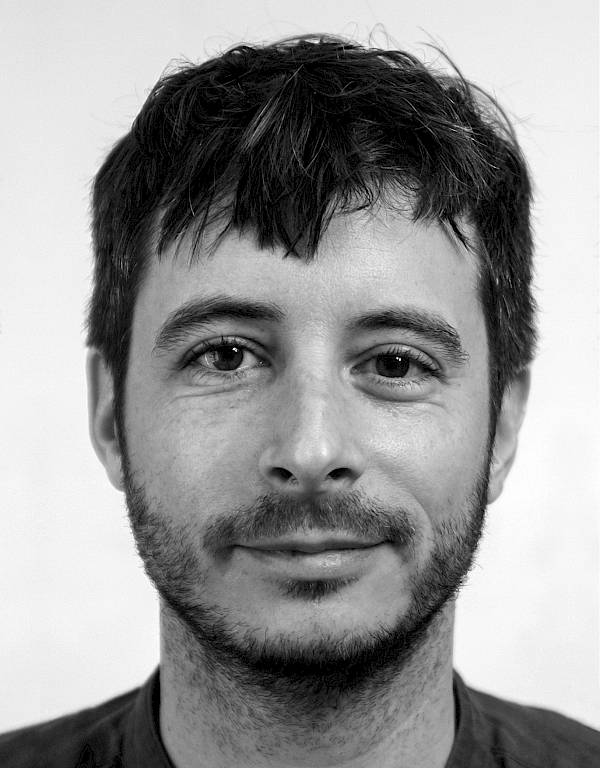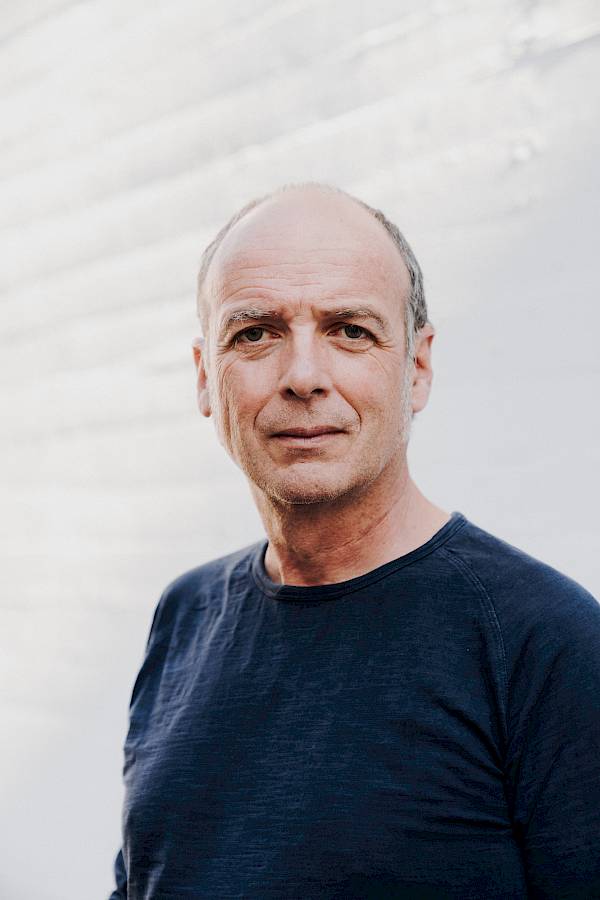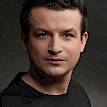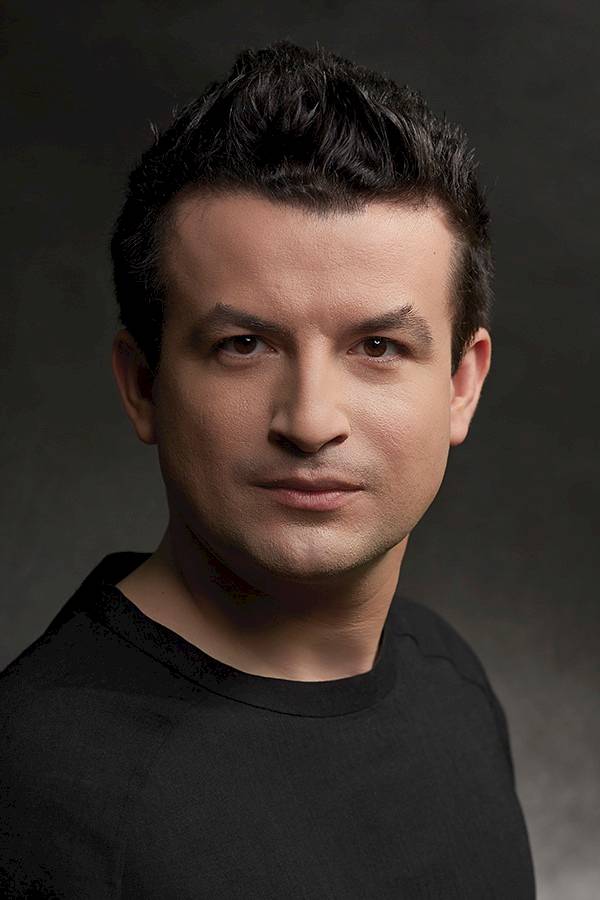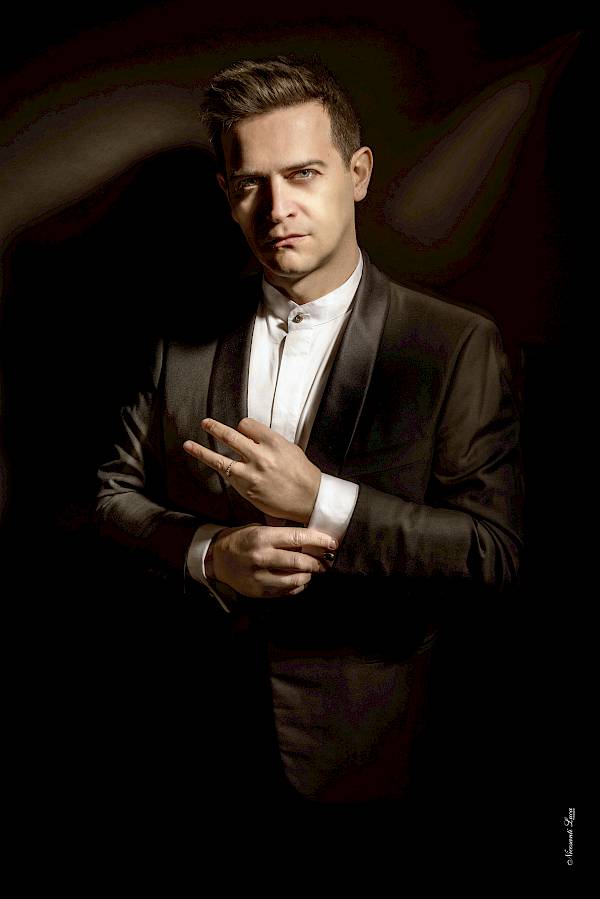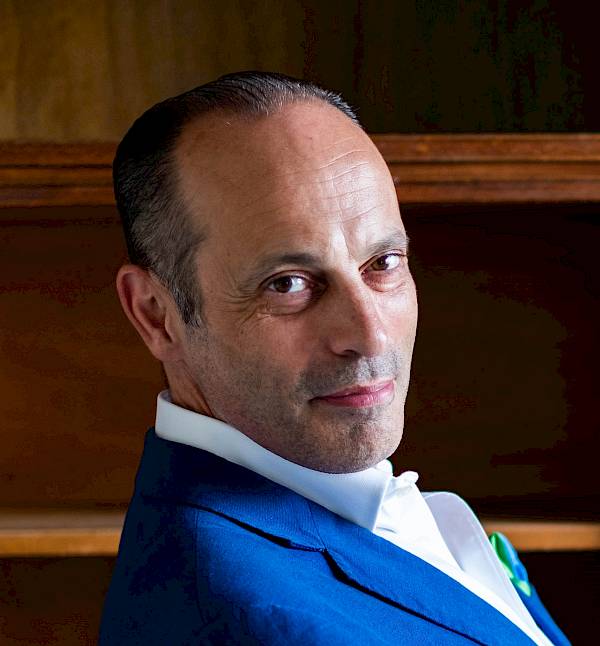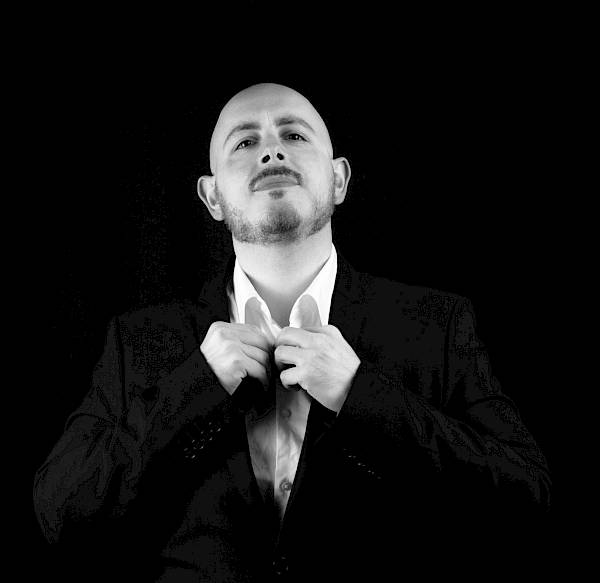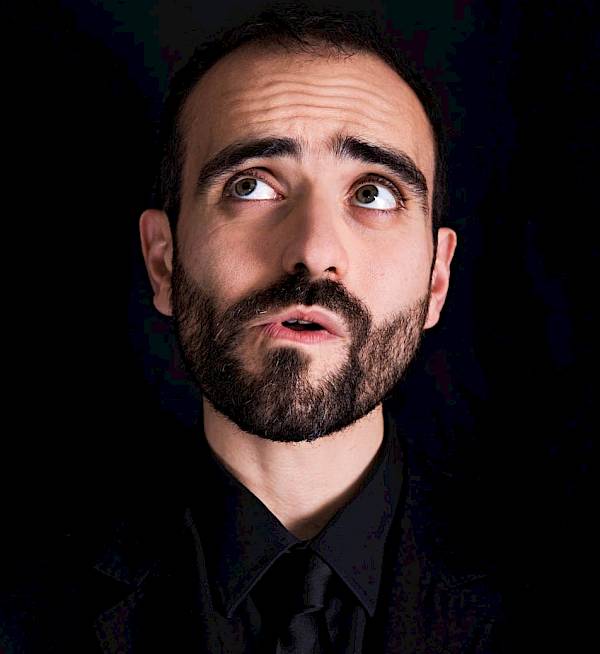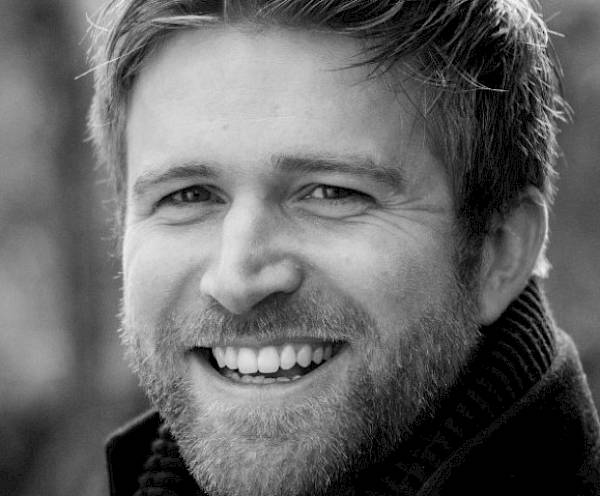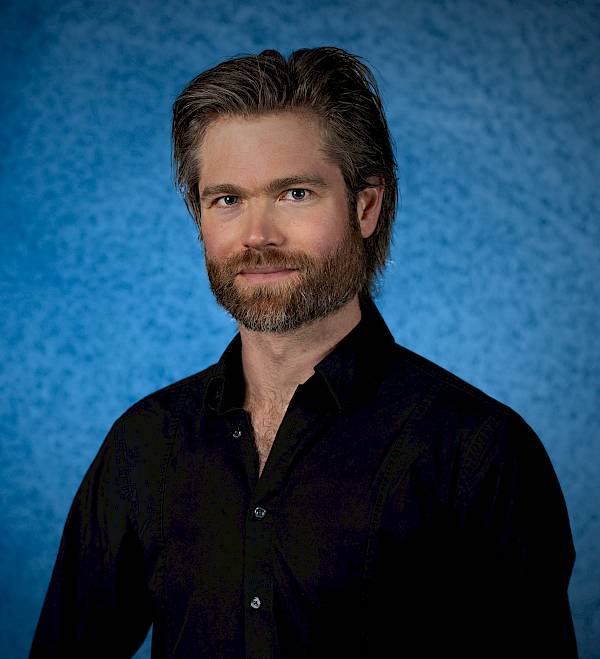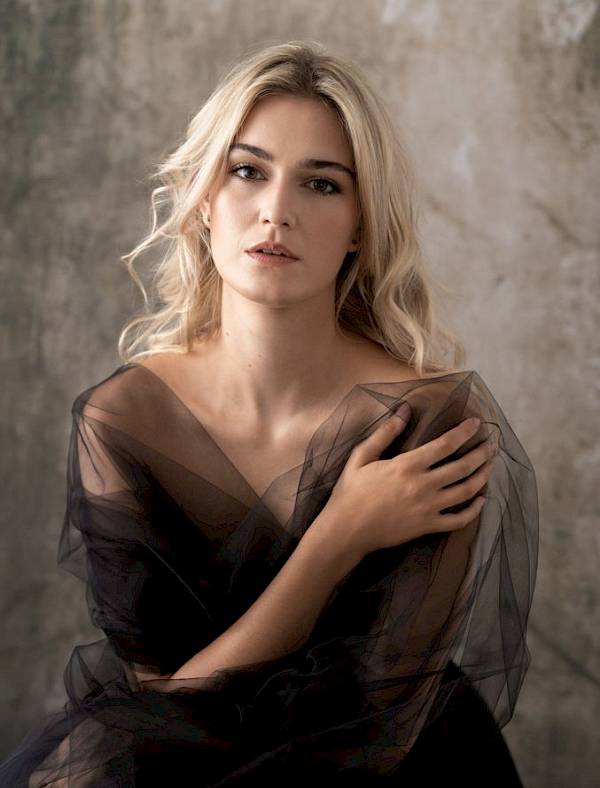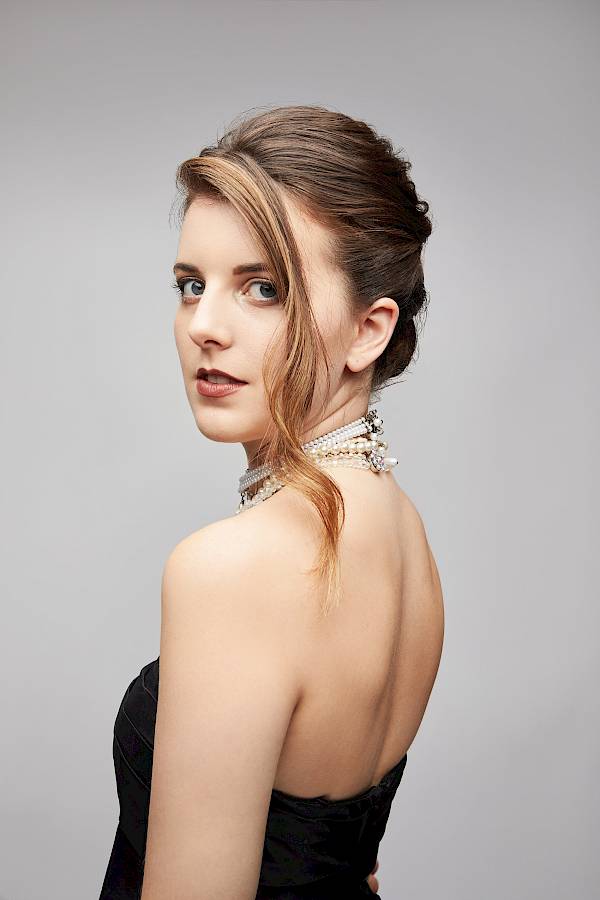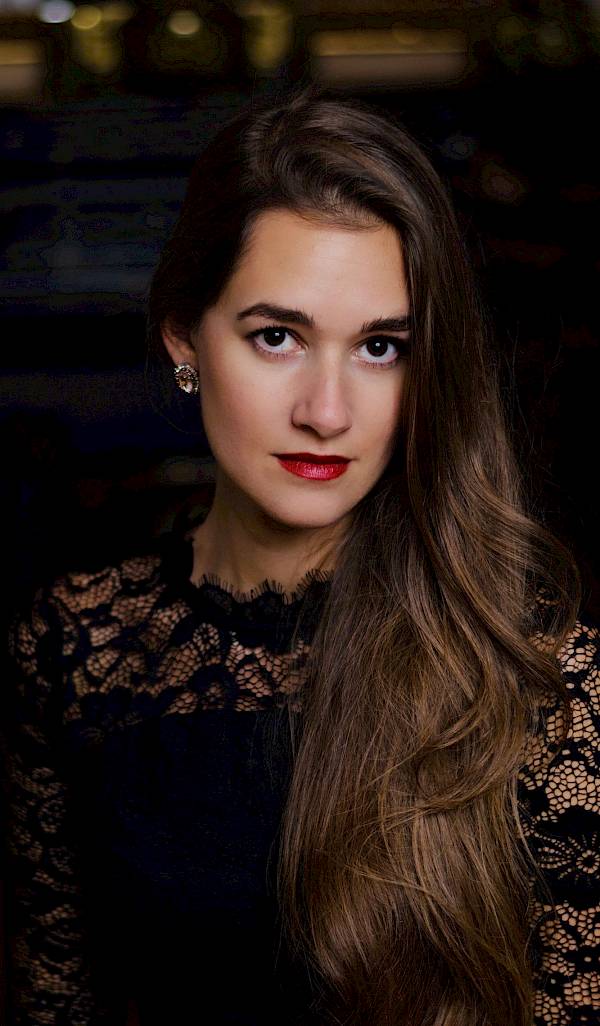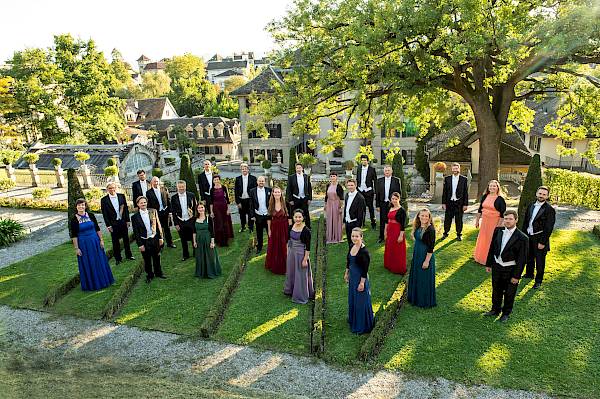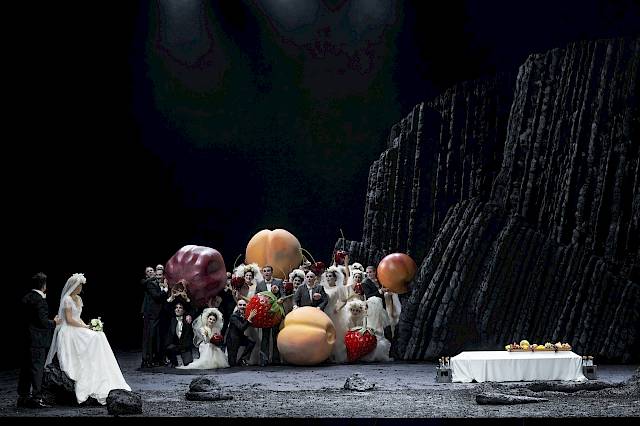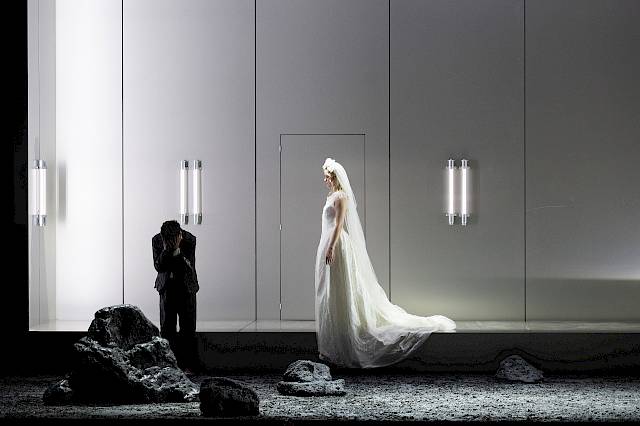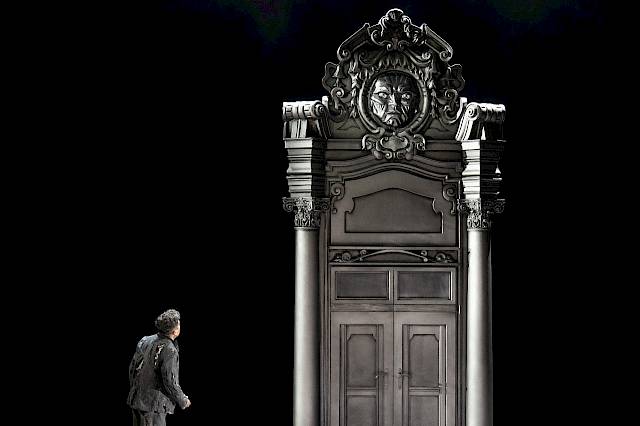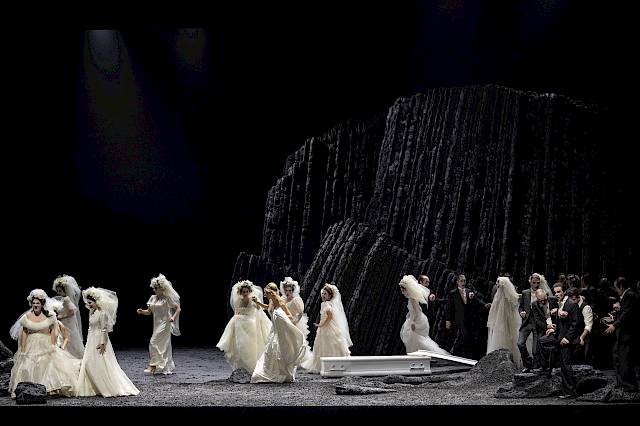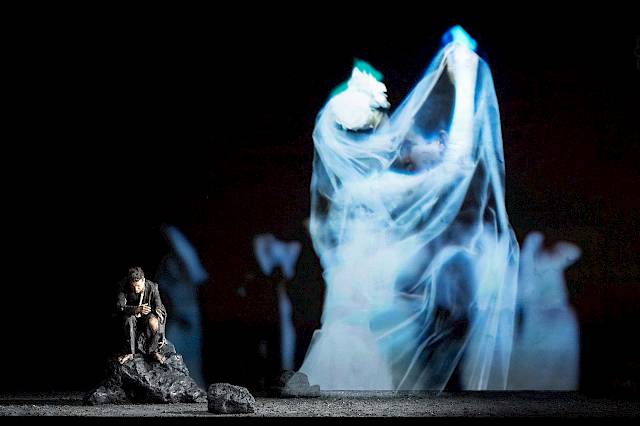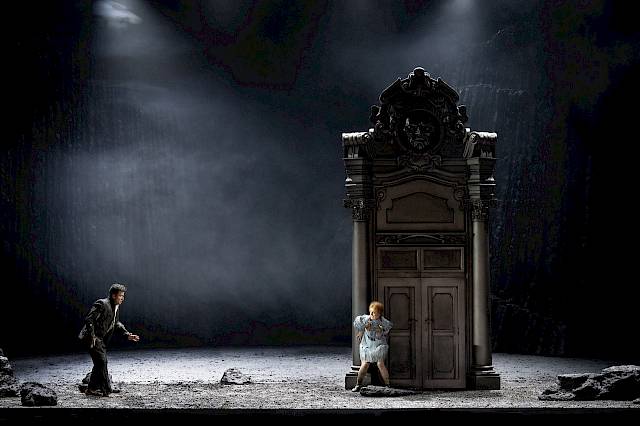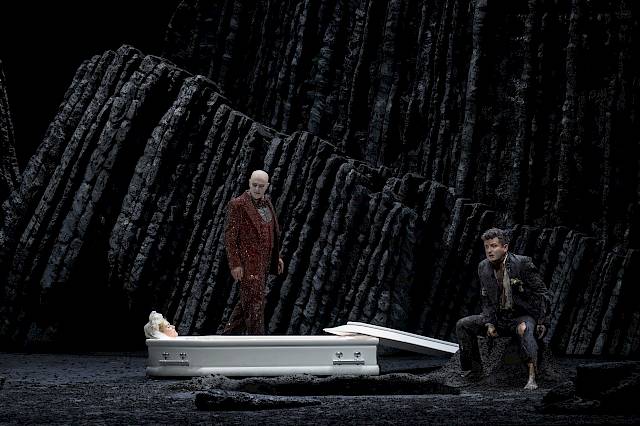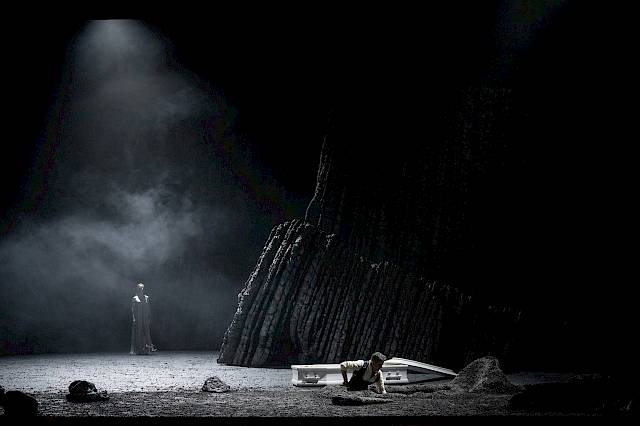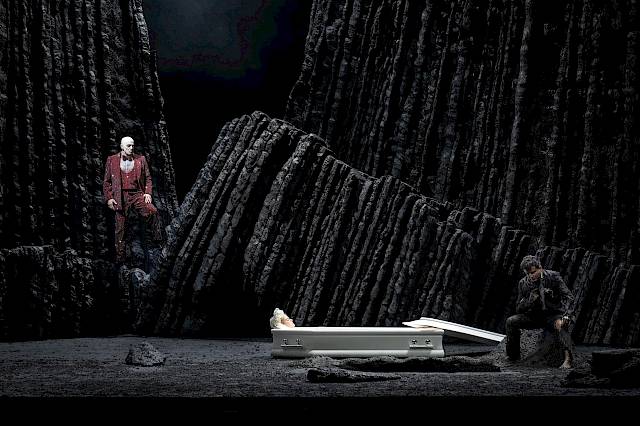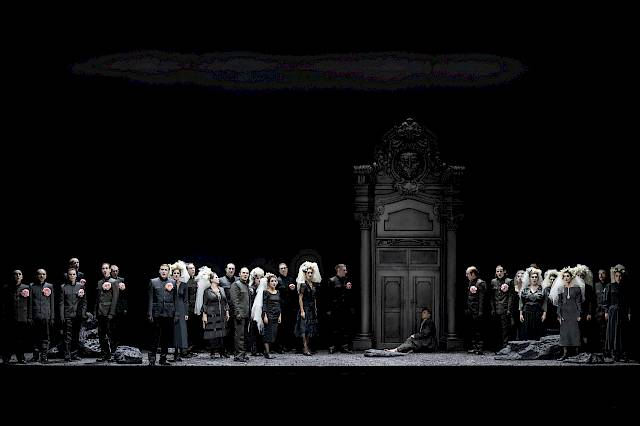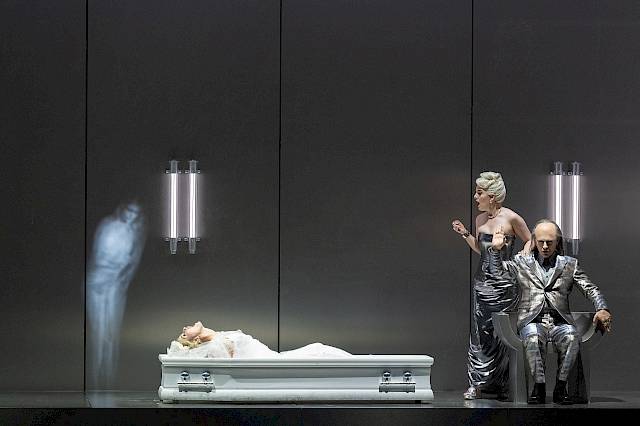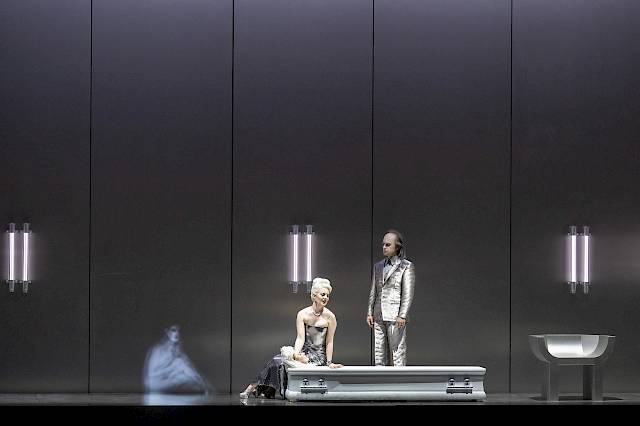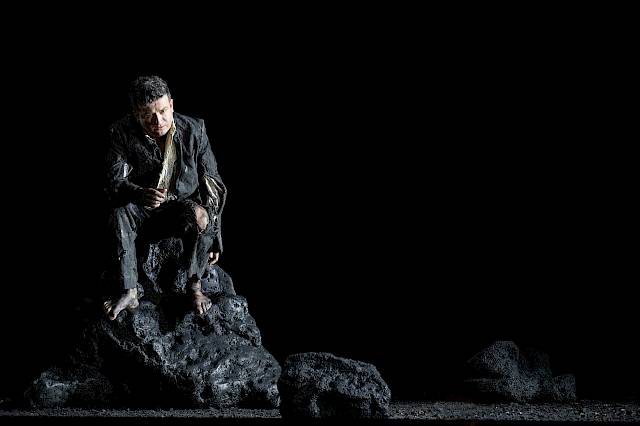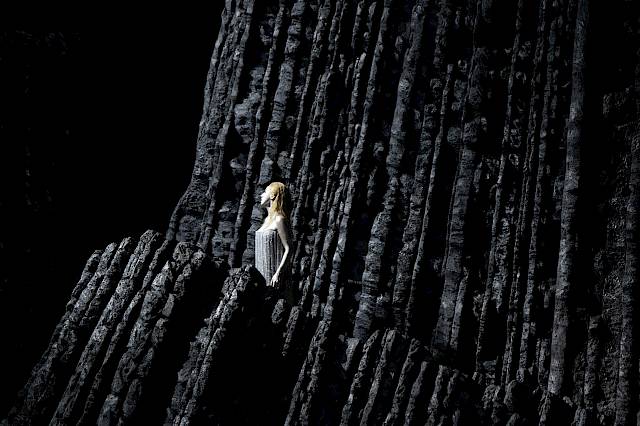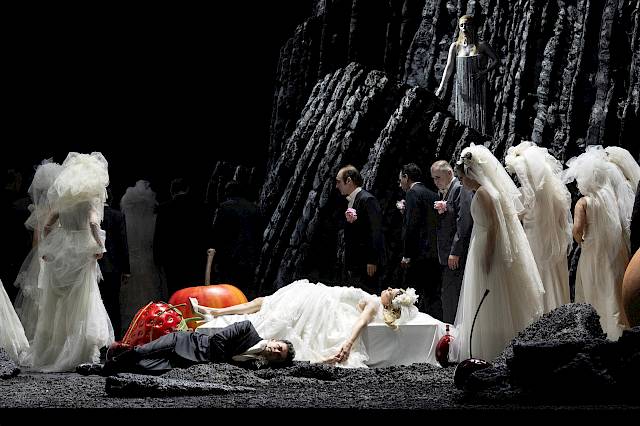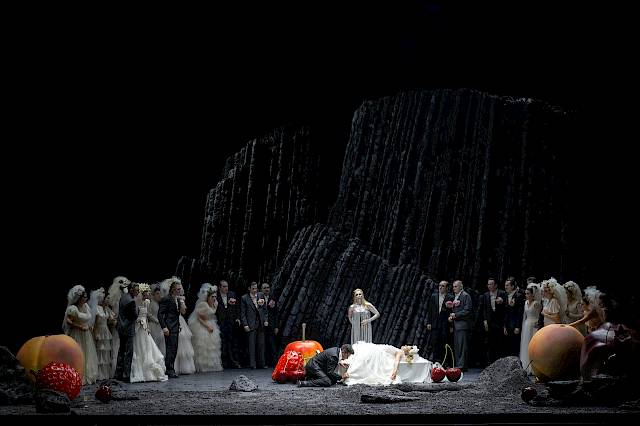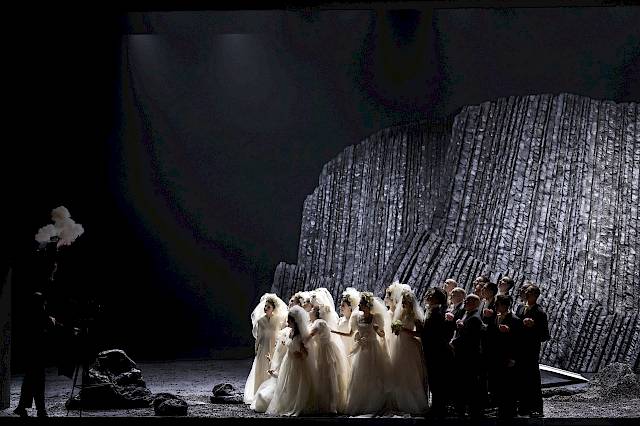Abstract
A new era in music history began in Mantua in 1607. The first strains of Orfeo, a musical fable written by Claudio Monteverdi, the local court composer, rang out before a small circle of courtly guests. The world premiere marked nothing less than the birth of opera as an art form, for the composer was the first to understand what it meant when music became a sung scene. Embedded in a dramatic plot, the characters on stage turn their innermost feelings outward in a way never before possible, revealing tender emotions and singing from the depths of their souls of the pain of love. The hero of Monteverdi’s first opera is Orpheus, the Thracian singer, whose voice can soften even stone. His song is imbued with the power of total transcendence: on his way to bring his beloved Euridice back from the underworld, his song of supplication succeeds in putting the ferryman Charon to sleep on the banks of the Styx, thus allowing him to cross into the realm of the dead. This scene alone makes it clear what utopian potential Claudio Monteverdi attributed to dramatic song.
Stage director Evgeny Titov, who hails from the world of dramatic theater, has matured into one of the rising stars of the international opera world. He once again demonstrates his talent for capturing extreme human emotions in surprising, evocative images in his production of Orfeo for the Opernhaus Zürich. As in last season’s premiere series, Italian conductor and harpsichordist Ottavio Dantone will conduct.


